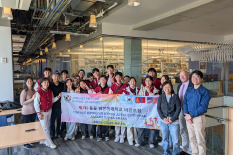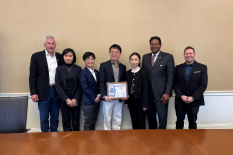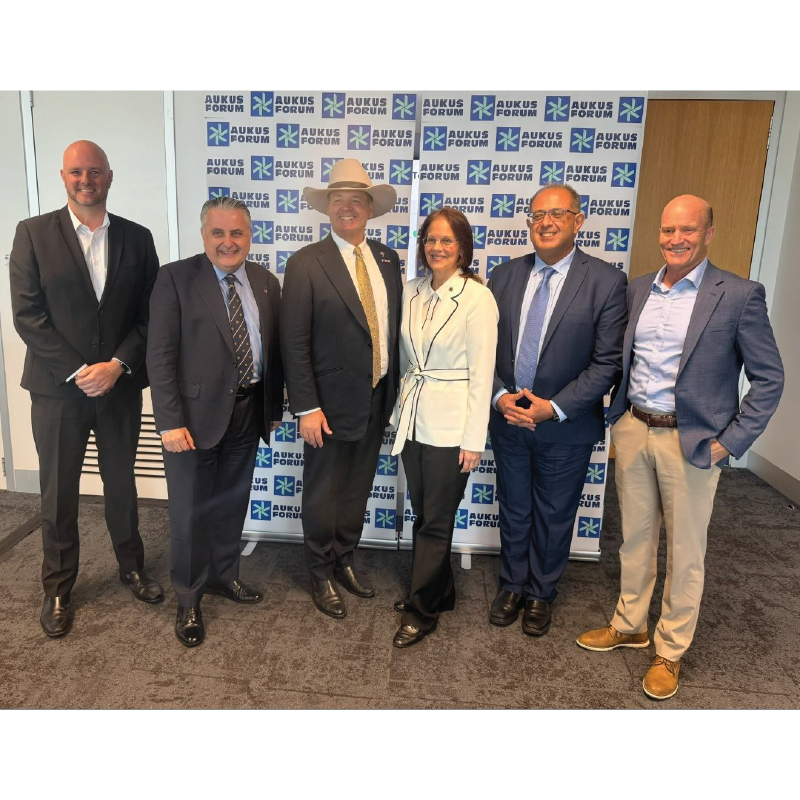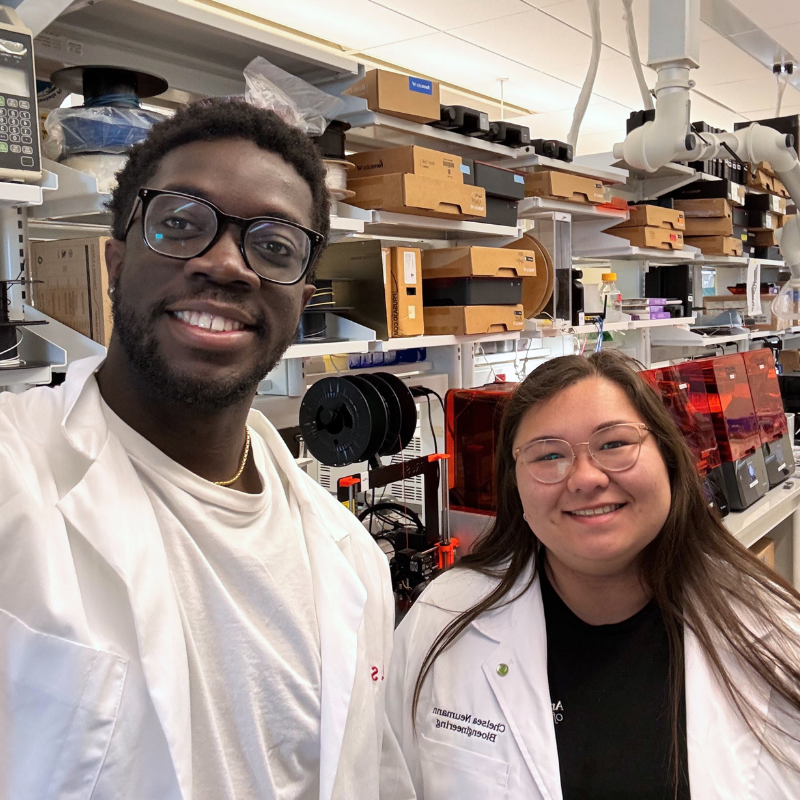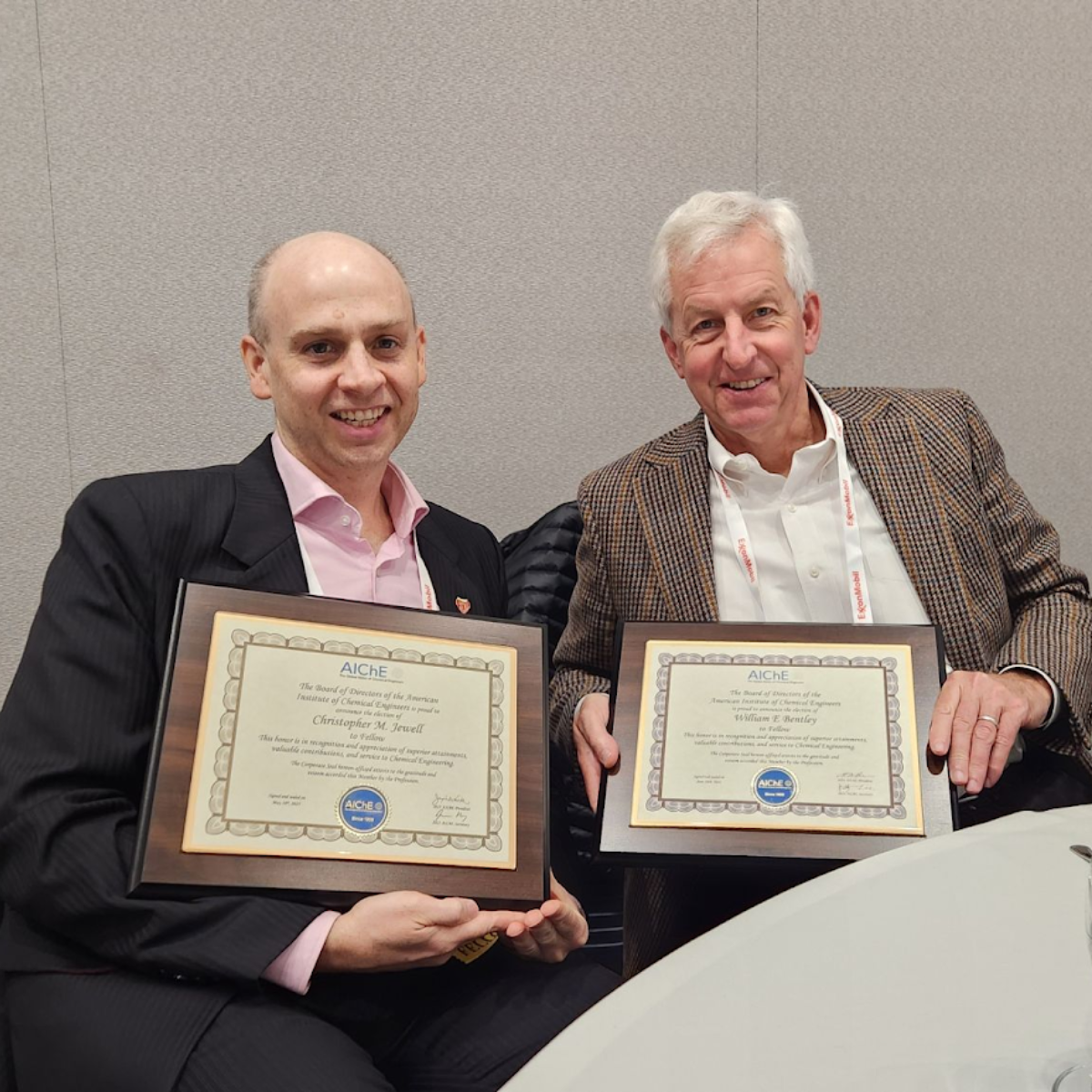News Story
Bentley Group’s Chen-Yu Chen receives IEEE MEMS 2025 Outstanding Student Oral Presentation Award
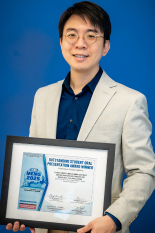
Chen-Yu Chen, a postdoctoral researcher in Fischell Institute Director Bill Bentley’s lab, recently received the Outstanding Student Oral Presentation Award at the 2025 Institute of Electrical and Electronics Engineers International Conference on Micro Electro Mechanical Systems in Taiwan.
Chen was recognized for his presentation, "3D-Microprinted Microfluidic Scaffolds and the Rapid Seeding Strategy for Organ-on-a-Chip Applications," which introduced a method to accelerate the process of integrating cells into 3D-printed microstructures.
“Receiving this award is a tremendous honor, and I am truly grateful for the recognition of my work,” he said. “It reinforces my commitment to advancing human health and scientific discovery, inspiring me to continue striving for excellence.”
Chen’s research is a collaboration between the Bentley Group and the Bioinspired Advanced Manufacturing Laboratory, led by mechanical engineering Associate Professor and Fischell Institute Fellow Ryan Sochol. The team developed two strategies to improve how cells populate 3D-printed structures. Traditionally, this process relies on passive self-assembly, which can take days or weeks. Chen’s method reduces that time to just minutes.
The IEEE MEMS conference is a leading global event in the microsystems field, with a highly competitive selection process—only about 40 percent of applicants are accepted to participate, with fewer than 10 percent chosen for oral presentations out of nearly 800 submissions. Only two winners were recognized: one in the physical category and Chen in the chemical and biological category.
Looking ahead, Chen and the team plan to apply their rapid functionalization method to organ-on-a-chip systems, which replicate human organ functions on microfluidic devices. This technology could reduce or even replace animal testing in pharmaceutical research, accelerating drug screening and advancing personalized medicine.
“Over the past decade, we’ve discovered that potentially transformative outcomes can result by interfacing genetically engineered biological systems with micro devices,” said Bentley. “To do this, it takes tremendous intuition, rock-solid engineering, talent, and imagination. We are super fortunate to have Chen-Yu Chen in our lab.”
The research was supported in part by the U.S. National Science Foundation awards MCB‐2227598, ECCS1807604, and CBET1805274, the Advanced Mammalian Biomanufacturing Innovation Center (AMBIC, #2004614245), the U.S. Department of Energy (BER#SCW1710), and the U.S. Department of Defense’s Defense Threat Reduction Agency (HDTRA1‐19‐0021).
Published February 12, 2025
